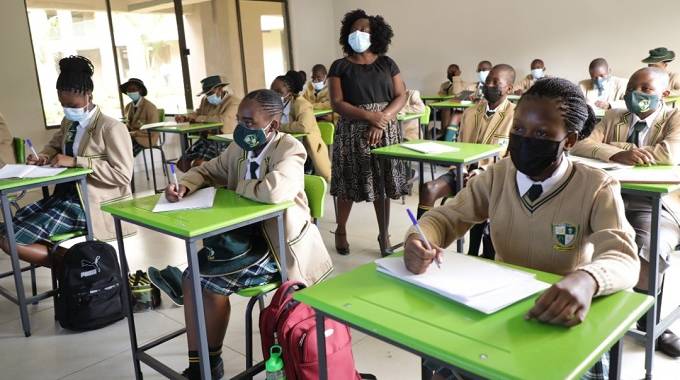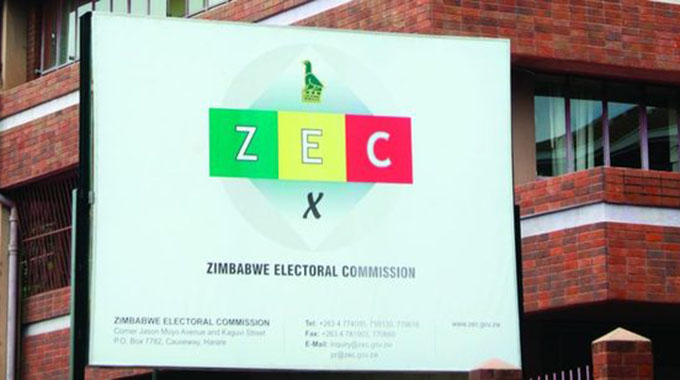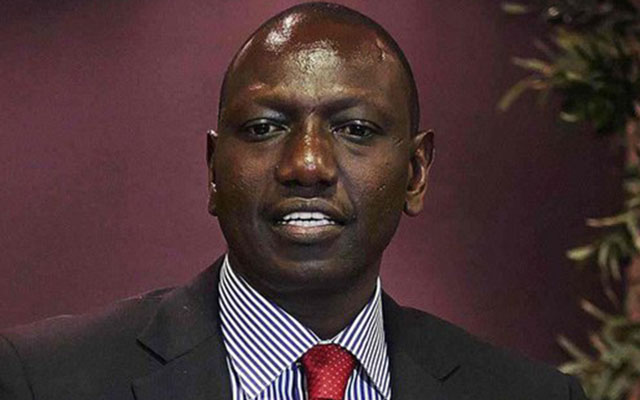Teachers ignore strike calls

Teachers in most of the country’s provinces on Monday ignored calls by their representative unions not to report for duty over pay. Schools opened today for the first term of 2022.
Last week, some teachers’ trade unions said their members were financially incapacitated to report for duty at the start of the school term.
The teachers and the rest of the civil service have been pushing the Government to pay them in US dollars, arguing salaries in
local currency were constantly eroded by inflation and exchange rate movement.
But the Government, while acknowledging the plight of its workers, has said it cannot afford salaries in foreign currency, but agreed to regular reviews, and award of non-monetary benefits such as housing stands.
Reports countrywide today indicated most teachers turned up at schools, snubbing the strike calls by their unions, some of which have been accused of working with Western interests to cause political and economic instability in Zimbabwe.
Western powers, led by Zimbabwe’s former colonial power Britain, have been trying desperately to dislodge the government over its nationalist stance, and have been routinely caught working with labour unions and political parties against the Government.
At the end of last year, top British government officials admitted in parliament to working with Zimbabwean teacher unions to cause labour unrest in the education sector, the largest component of the civil service.
Although not surprising, the admission explained routine calls by the teacher unions for strikes every time schools were due to re-open after every term break.
The leaders of the teacher unions are allegedly handsomely rewarded financially for the strikes.
But this time around, teachers appeared to have ignored Friday’s calls by the unions for teachers not to turn up at their work stations when schools re-opened today.
Reports from several schools in Matabeleland South, Mashonaland East, Masvingo, Manicaland and Harare provinces indicated a strong turn up of teachers at their work stations.
“We were actually given work to do on Cala (Continuous Assessment Learning Area),” said a pupil at Queen Elizabeth High in Harare.
But perhaps to save face, Zimbabwe Teachers’ Association chief executive Sifiso Ndlovu insisted the strike had succeeded, with only a few teachers reporting for work.
“Quite a number of educators have failed to get to work while very few seem to have gone there and mostly these are administrators,” he said.
“When you look at the situation, you can see how dire it is for a very senior teacher to fail to go to work because he has no bus fare to go there.”
Labour and Social Welfare Minister, Prof Paul Mavima said the Government, while equally hard-pressed, was always willing to meet the teachers and rest of the civil servants halfway when it came to salaries and conditions of service.
At the moment, the two parties are engaged in negotiations to review the salaries.
“We want teachers to understand that the Government is committed to solving their issues. We have a negotiation process taking place. A Government team is consulting with principals and this is not just for teachers but the entire civil service,” he said.
“So as we do those considerations, teachers, headmasters and the teacher’s unions leadership should urge members to go back to work and come to the negotiating table so that we can resolve this as a nation; rather than holding the nation at ransom and jeopardising the future of this country by not delivering one of the most important elements, which is education.”
He added: “When everything is said and done, they should not hold the nation at ransom. It is the future of this country at stake.”
Prof Mavima said the Government negotiating team was due to meet today to come up with an offer to table to civil servants when they hold the next round of negotiations.
“We are going to the meeting today, and we are hopeful that at this meeting we will come up with a clear position as to what mandate the Government is going to give to its team so that it can go back to the negotiating table,” he said. – New Ziana








Comments